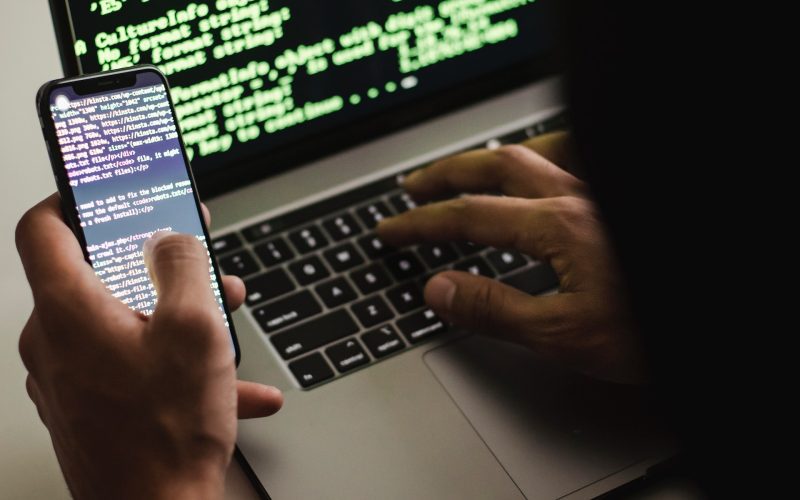In a chilling display of cybercriminal sophistication, the notorious hacker gang known as “Clop” has unleashed a wave of targeted attacks against global companies, employing ruthless extortion tactics to maximize their ill-gotten gains. With an uncanny ability to infiltrate even the most secure networks, Clop has sent shockwaves through the corporate world, leaving companies scrambling to protect their sensitive data and mitigate potential damage.
Operating from the shadows of the dark web, Clop has gained notoriety for its calculated and brazen attacks, often targeting organizations in the finance, healthcare, and technology sectors. The group’s modus operandi involves gaining unauthorized access to a company’s internal systems, encrypting critical data, and then issuing a ransom demand in exchange for its safe release. This “ransomware” technique has proven highly effective, netting the gang millions of dollars in illicit profits.
The scale and impact of Clop’s attacks have reverberated globally, with companies in Europe, North America, and Asia falling victim to their extortion tactics. From major multinational corporations to small and medium-sized enterprises, no business seems to be immune from the threat posed by this audacious cybercriminal collective.
What sets Clop apart from other hacker groups is their meticulous approach to targeting high-profile victims. By identifying vulnerable systems and exploiting security loopholes, they have managed to breach the defenses of numerous organizations, causing disruptions, financial losses, and reputational damage. While law enforcement agencies and cybersecurity firms are working tirelessly to apprehend and neutralize the threat posed by Clop, the group’s agility and ability to adapt continue to confound authorities.
The impact of these attacks extends far beyond financial loss. Clop’s actions have far-reaching consequences for individuals whose personal information may be compromised as a result. Such incidents erode public trust and raise concerns about the overall vulnerability of the digital landscape.
As companies grapple with the aftermath of a Clop attack, many are left with no choice but to engage in a delicate dance with the hackers, weighing the potential risks and benefits of paying the ransom. The ethical dilemma of fueling criminal activities by giving in to their demands looms large, pitting the interests of the affected businesses against the broader battle to combat cybercrime.
To combat the growing menace of ransomware attacks, industry experts and cybersecurity professionals are urging companies to adopt comprehensive security measures. This includes regular system updates, robust data encryption protocols, multi-factor authentication, and employee education to mitigate the risk of phishing attempts and other social engineering techniques used by hackers.
Governments and international law enforcement agencies are also ramping up efforts to combat cybercriminals like Clop, recognizing the urgent need for collaboration and information sharing. Enhanced legislation, cross-border cooperation, and investments in advanced cybersecurity technologies are essential to stay one step ahead of these increasingly sophisticated criminal syndicates.
The rise of Clop and its brazen extortion tactics serves as a stark reminder that no company or individual is immune to the perils of cybercrime. It underscores the urgent need for proactive measures, both from the private sector and public authorities, to safeguard our digital infrastructure and protect against the ever-evolving threats in the digital age.
Opinion Piece: “Ransomware Epidemic: Time for Stronger Cybersecurity Measures”
In light of the recent surge in ransomware attacks orchestrated by hacker gangs like Clop, it is clear that we are facing an epidemic of cyber threats that demand immediate attention and action. The consequences of these attacks extend beyond financial loss and jeopardize the privacy and security of individuals and organizations alike.
To combat this ever-evolving menace, it is imperative for businesses to take a proactive












